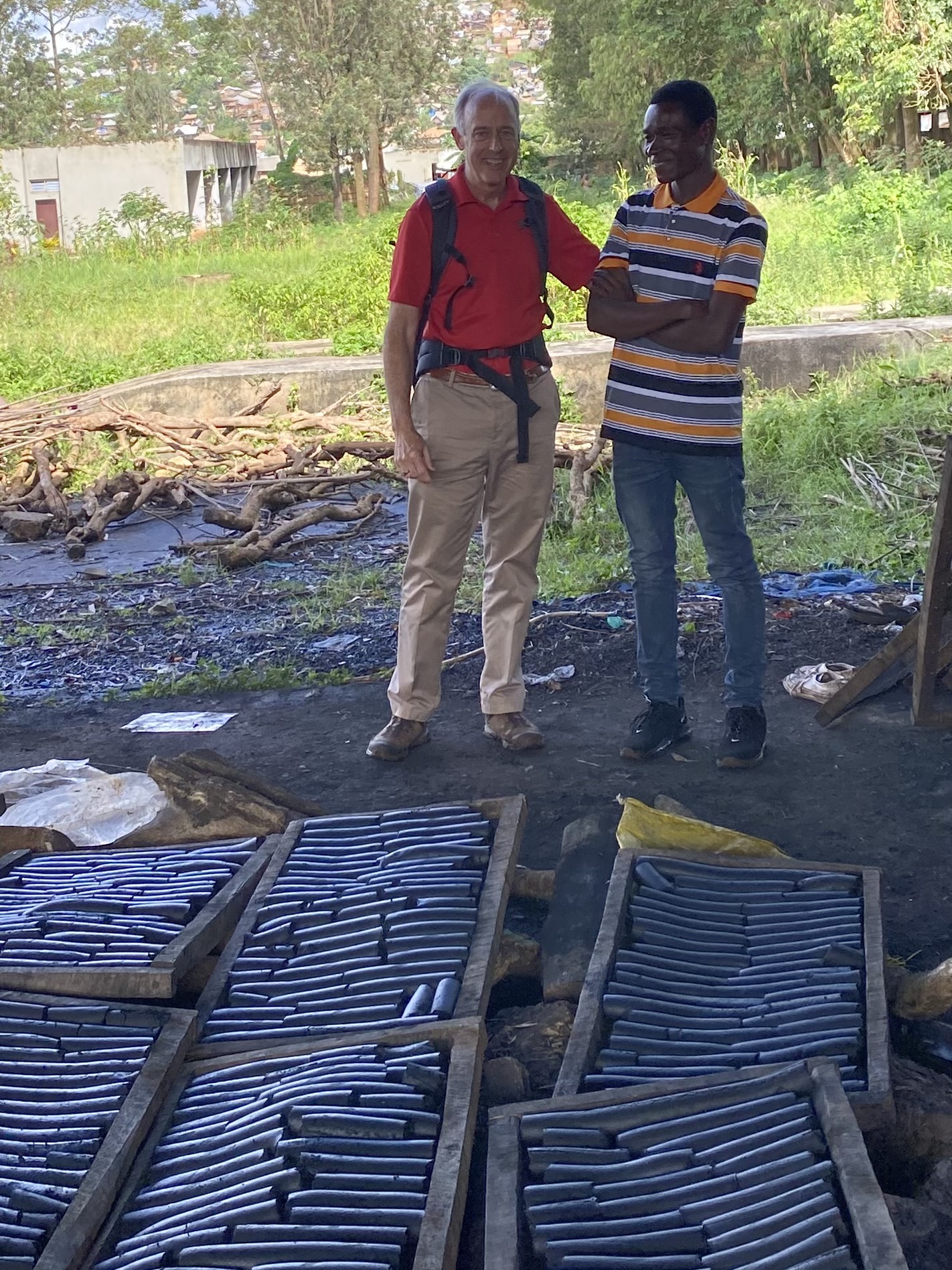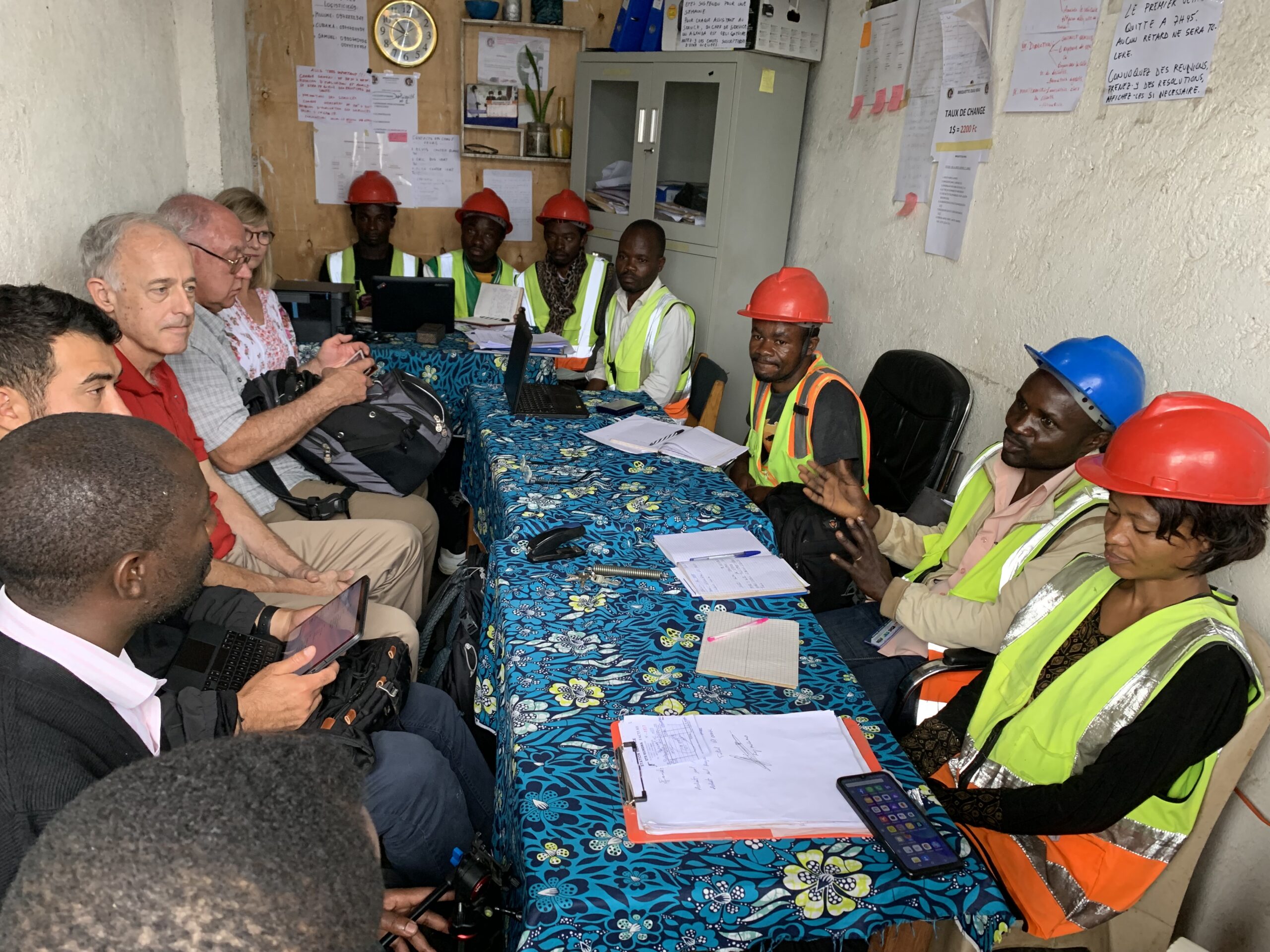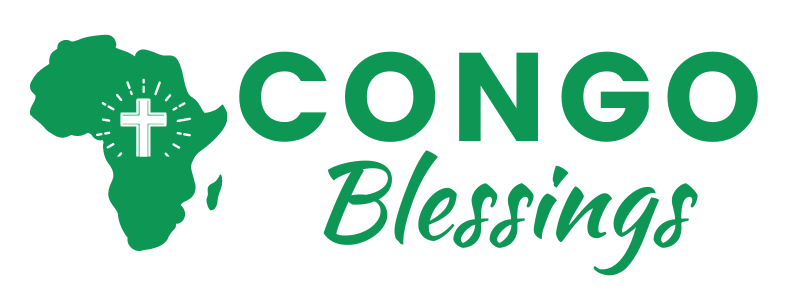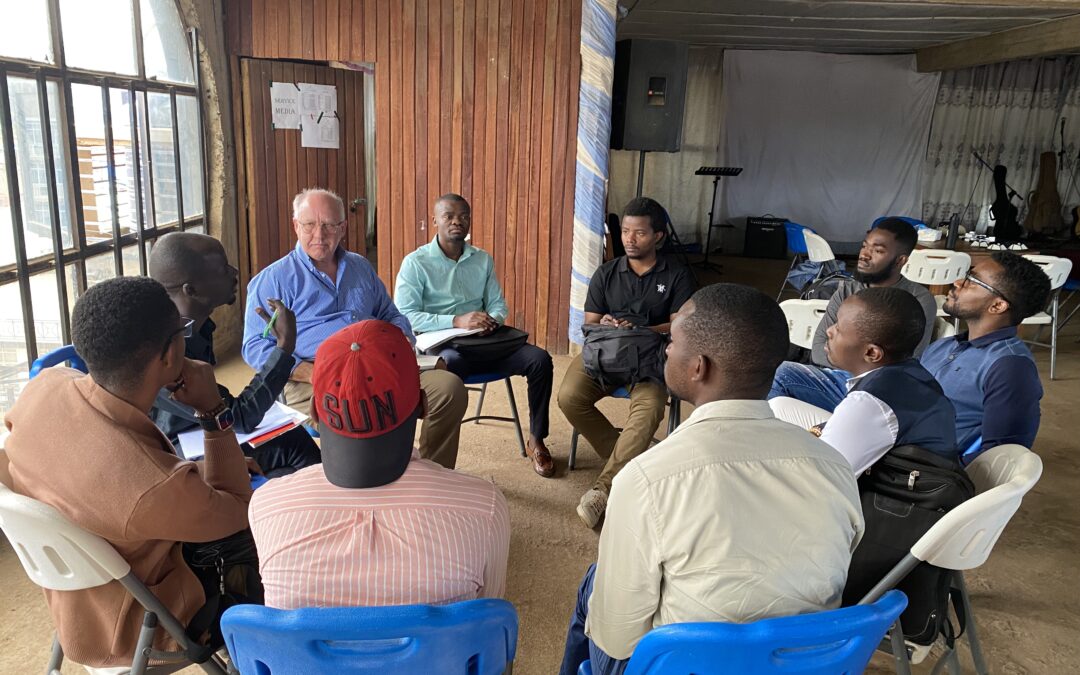Thanks for your prayers. We and the people of Congo need them.
We returned on Tuesday, May 9 in a tired, but satisfied state. It was a good kind of tired.
Here’s an update.
God is working.
The truth is setting people free.
May He free many, many more.
Before I get to the stories, I want to provide an interesting perspective from Glenn Loury on Substack. He writes about black / white issues in the US. In this brief introduction to a podcast, he discusses the importance of “social capital” – the essence of our “physical” approach to helping people live well in DR Congo.
He writes of social capital and “its power to explain the subtle relationship between social segregation and income inequality. The acquisition of knowledge and skills can help an individual acquire wealth, but the social environment into which that individual is born and within which they mature will have consequences for their ability to acquire that knowledge and those skills in the first place, and then to put them to work in a productive fashion. Even if you have skills and competence, you may find it difficult to put them to use if you don’t know someone who can help you get a job. And if nobody in your community has a job, and that community remains relatively socially isolated, then impoverished conditions may end up reproducing themselves from generation to generation.
“That’s a simplified version of the theory. But one of the implications of this idea is that self-segregation is a recipe for disaster for poor communities, and for anyone seeking to transcend their origins. Finding a path to the larger world “out there” is sometimes easier said than done, but it’s vital if our most troubled communities are going to get their children and grandchildren out of the cycles in which they find themselves.”
He is writing about the black communities in the US, but the same is true, probably to a greater degree, of the people we encounter in DR Congo.
As you read the stories below, look for our use of social capital.
Murhula’s Story
Jesus has used the Bible to change my life. The truths of the Bible help us know God, understand people, and provide a framework for living well – as God intended.
Led by the Spirit, the strategy in Congo was (and is) to begin to change the lives of Christians as well as the culture by communicating truth, developing servant leaders, training people to form and grow businesses or to create an income stream through remote freelance work, and telling stories through videos.
My first trip was in 2008. The first attempts at implementing the strategy were on the third trip in 2010.
We made a lot of mistakes and learned from them.
On the second trip, I met Murhula, then an 18-year-old, who has since become famous in Bukavu and Congo. Mike Burns and I were talking about how to communicate the impact of Murhula. When we tell you what he has accomplished, you may likely think, “What’s the big deal?” I know that is what I would be thinking if I were you. Mike said to think of it this way, “What Murhula has done in eastern Congo is so remarkable that he was featured on the BBC and has been invited to speak in France and other countries (all expenses paid).” In his own way, he is a light shining in the darkness. He is an example to others. For a guy who had never stayed in a hotel or eaten in a restaurant before he became our translator, he has made remarkable progress.
Murhula has three businesses: making charcoal briquettes, installing and maintaining landscapes, and raising soldier flies. His briquettes are made of “dry” organic waste (corn husks, brush, etc.) instead of the traditional lump wood charcoal made from trees. The soldier fly larva consume “wet” organic waste and the larva are sold as a high protein fish food. You can see a pattern in his businesses – caring for the environment. Murhula’s focus is also on serving the poorest of the poor. His charcoal is also much less expensive. That translates into the ability to send two more kids to school with the savings.

His employees make $110 per month. Believe it or not, that is a life-changing amount in the Congo, so the employees are grateful, and proud, to have a job. Full-time jobs are rare because of the lack of business formation. He has 25 full-time employees and as many as 25 additional temporary employees for large landscape projects.
Please pause for a moment and let the salary number from the previous paragraph sink in – living on just under $4 per day.
Murhula started his business about six years ago. Murhula started hearing our truths, or shall I say God’s truths, about business in 2011. He began translating for us in 2015. He told me that even after a couple of trips, he did not believe that he could be an entrepreneur.
He spoke of the joy he has as an entrepreneur, “When I see all of the people (employees and customers) that I am helping, I am happy.”
He also told me that being a business owner is very difficult – much more difficult than he imagined. To help speed up the development of his managers, we spent three hours with them on Monday discussing personal productivity, customer service, and other topics.

How did we help Murhula? By explaining to people through him (as our translator) five principles from the book of Genesis and how creating a business is an application of those five principles. As our translator, he also explained what was required to start a business and how Jesus provides for the business owner. When we spoke on this trip, he said, “I did not know that I could be an entrepreneur. Even after a couple of years of translating, I still did not think I could do it.”
The Story Continues with Ngoy and Jeff
When we needed a second translator, Murhula introduced us to Ngoy. Ngoy tells a similar story, “I never knew that I could make my own money (before hearing the truth from Greg and the team). I only knew of a salary. It [owning a business] is a miracle in my life. I worked on my business plan for four years. With the encouragement of the team, I started small so that I would not have to raise investment (which would be quite difficult).” Ngoy has several employees and has contracts to teach English. He also has contracts for written and oral translation. Ngoy would tell you that he is living his dream. He has big plans and is an example to others in eastern Congo.
Ngoy introduced us to Jeff who serves as a translator on our monthly video calls with people getting started as freelancers on www.Upwork.com, a gig economy platform. Jeff has had many jobs on Upwork and has led others to start working on Upwork. We met one of those people at a dinner for the successful Upwork freelancers on Tuesday night.
Using Jeff and others as examples, casting vision as to what is possible, we trained 30 people on Wednesday to begin working on Upwork. We scheduled individual meetings with many of them on Friday to review their Upwork profiles – the first step in earning income.
Like in all things that we do, we combine the spiritual and the physical. The physical is earning money; the spiritual is understanding that Jesus is a personal and powerful provider for His people. (Pause for another minute and think about those words. Those words are not often understood here.) For Murhula, Ngoy, and Jeff, it has been a spiritual journey as well. Their faith in Jesus has grown and they strive to please Him as they work.
At one level, I think our known results are meager given 11 trips (after the first two) with many team members over 12 years. After all, I am writing about two businesses and a handful of people on Upwork. However, when I think about the life change for those people and the people that they have impacted and will impact in the future, I am pleased. God is working and we get to play a role in that work.
As you think about social capital and the stories above, I hope it helps you realize the value of your experiences and your knowledge of opportunities – whether they be physical or spiritual. Sharing that information is just one way to love your neighbor. (With technology, your neighbor can be in DR Congo.) Is Jesus prompting you to walk alongside some of these people (remotely) and help them discover opportunities? We can help you make it happen. An easy way to try it out is to join us for our monthly Zoom calls. We use those calls to train and encourage them as well as provide answers to their questions.
Mike Burns and Rigo Zevada did a great job of sharing their experiences and teaching truth. They connected with people there despite the many differences. They will share their experiences in a future email.
Now to my faithful partner, Mike Scheffelin. Mike and I have worked together on 12 trips. He is very well known in Bukavu as the guy who loves people and helps them increase their knowledge of video. He loves well. He has sacrificed his time and money for more than 10 years. To be clear, he would tell you it has not been a sacrifice; it has been a privilege because his life is richer and his relationship with Jesus, deeper. Mike, I appreciate you.
Thanks for standing with us.
In Christ,
Greg
P.S. Have you ever wondered why Jesus commands us to love our neighbor? I think it is because He knows that doing so is essential to living well – living the abundant life. Simply put, when we give, we receive. That has certainly been my experience in the Congo. My life is richer for knowing Murhula, Ngoy, and Jeff. My relationship with Jesus is deeper because of my need to depend on His provision in new ways.

